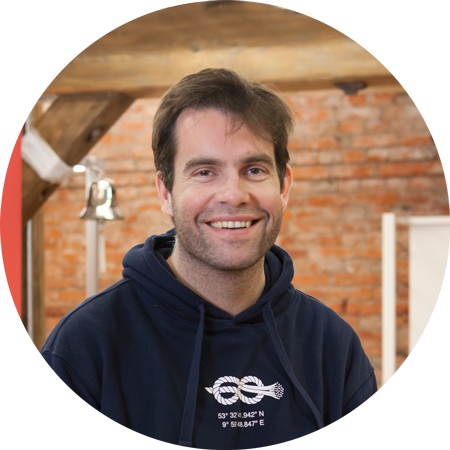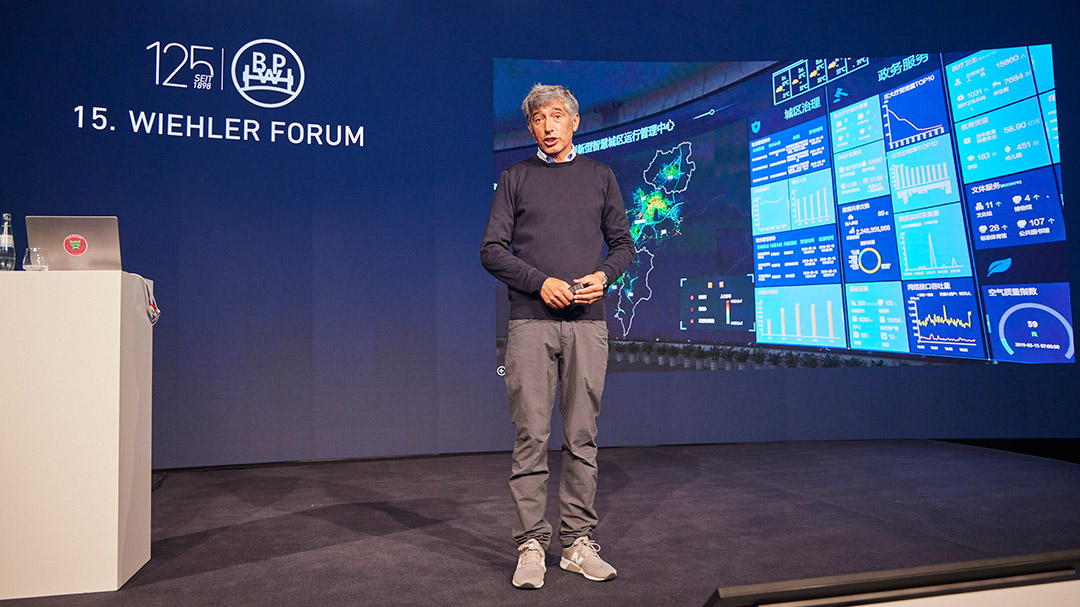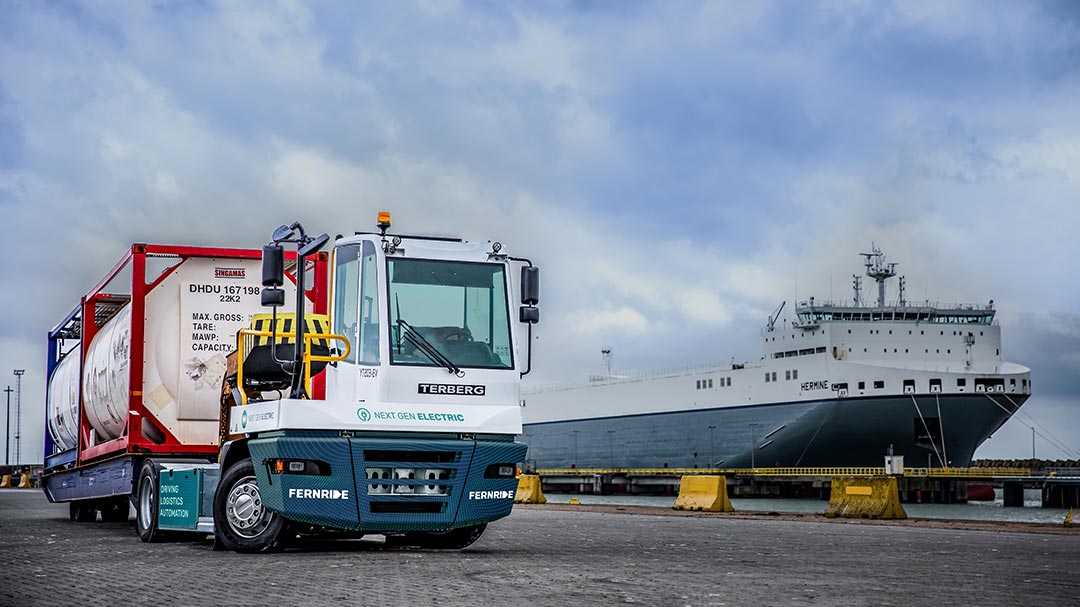Text: Juliane Gringer
Photos: Getty Images, BPW, Stefan Bungert
There is a lack of truck drivers and many other logistics professionals: and the skills shortage is putting pressure on the industry. Which is exactly why a greater focus needs to be placed on the human factor again, says Johannes Berg, managing director of Digital Hub Logistics Hamburg, in a motionist interview.

»Even though people are becoming less and less the brain of logistics, they will always remain its heart.«
Johannes Berg, managing director of Digital Hub Logistics Hamburg
»Continuous change is the ›New Normal‹.«
Johannes Berg, managing director of Digital Hub Logistics Hamburg
»The belief that everything will keep getting a bit better is more motivating than the fear that a company will fail.«
Johannes Berg, managing director of Digital Hub Logistics Hamburg







